detail profile les serdyuk
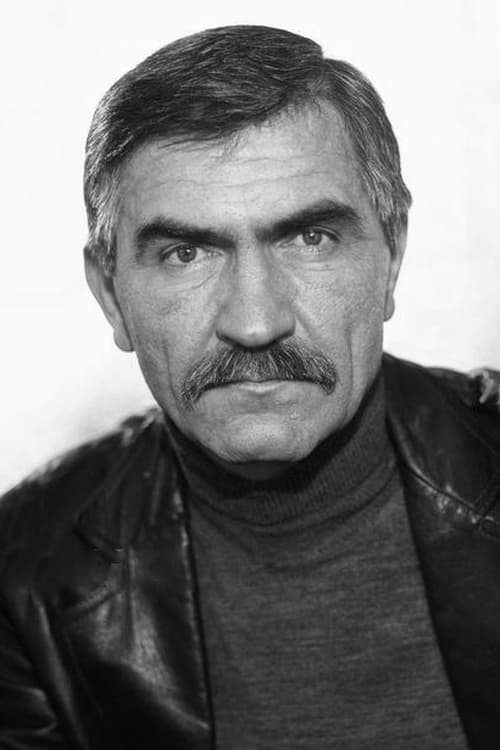
Les Serdyuk
Лесь Сердюк
atau dikenal sebagai
Riwayat Hidup
Oleksandr Oleksandrovych Serdyuk, also known as Les Serdyuk was a Soviet Ukrainian theater and film actor.
His film debut was in 1965, acting in over 90 films.
He was awarded the title People's Artist of Ukraine in 1996.
Info Pribadi
Peran Yang Di Mainkan Les Serdyuk
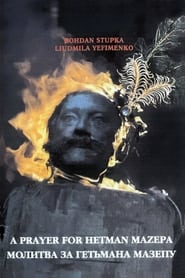 A Prayer for Hetman Mazepa unfolds...
A Prayer for Hetman Mazepa unfolds...A Prayer for Hetman Mazepa 2002
'A Prayer for Hetman Mazepa' unfolds during an interesting era in the history of Eastern Europe when Russia, under Peter the Great, and Sweden, under King Charles XII, struggled for power; Ukraine was the pawn in the middle. In 1709, Ivan Mazepa, Hetman of Ukraine, which was part of the Russian Empire, signed a pact with the Swedish king promising to support Sweden in its war against Russia provided that Ukraine was given its independence.
 An orphan named Nikolay Najdenov went...
An orphan named Nikolay Najdenov went...American Boy 1992
An orphan named Nikolay Najdenov went through the hell of the war in Afghanistan and the horrors of captivity. From now on he is a US citizen and his name is Nick McCann. In the US he has a family and new life, but in his country of birth, Ukraine, there are still some unpaid bills remaining, so the tough American boy goes back to his home country, where he learns about the death of his best friend, and soon after that his friend's wife got killed, too. Naydenov decides to revenge their death...
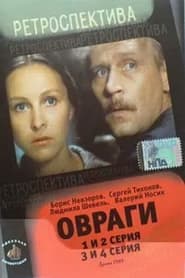 Communist Ivan Platonov is actively involved...
Communist Ivan Platonov is actively involved...Ravines 1990
Communist Ivan Platonov is actively involved in the collectivization of his native land, even the death of his wife does not stop him. One by one, rebellions of discontented peasants break out. Platonov's propaganda work takes on a different quality, the hero takes up arms and is not afraid of death.…
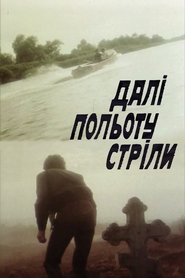 The TV series is devoted to...
The TV series is devoted to...Farther Than an Arrow's Flight 1990
The TV series is devoted to the topic of the artist's responsibility for every word he writes. In the center of the plot is the wandering of an artist-journalist of a Kyiv newspaper. He faces a number of internal problems: how to get along in a big city, the existence of true love and finding the answer to the eternal question - "Who am I?" External events echo the psychological crisis of the main character. In search of himself, he travels to the villages of the Kherson region that were flooded to create reservoirs - somewhere under the water column is his parents' native village, a metaphor for Ukrainian culture and historical memory mutilated in the 20th century. The man's concerns are closely related to the surrounding world: the atmosphere of the film reproduces the confusion of the entire nation: "What will happen next, after communism and its ideology?" In the yard, everything points to the imminent collapse of the perestroika.
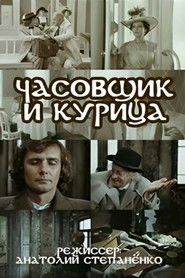 In 1913 chance brings together a young...
In 1913 chance brings together a young...The Watchmaker and the Chicken 1989
In 1913, chance brings together a young high school teacher Yurkevich, his first love Lida, a wealthy landowner Lundyshev and a German watchmaker Karfunkel at a small railway station. Seven years later, in the early twenties, and then another seven years later, the heroes meet here again. Their destinies are different, the country changes, their lives change...
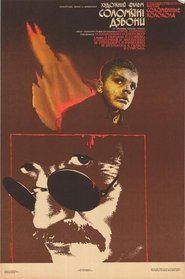 Vasyl Vilgota raised two sons One...
Vasyl Vilgota raised two sons One...Straw Bells 1987
Vasyl Vilgota raised two sons. One of them died on the fronts of the Second World War, defending the homeland, and the second served as Hilfspolizei. Vilgota himself also helped the Nazis. Although he carefully hides this fact of his biography, there is one man who knows the truth about him.
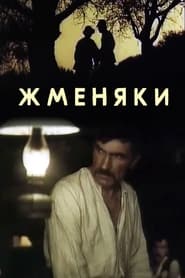 The film tells the story of...
The film tells the story of...Handfuls 1987
The film tells the story of the difficult and tragic fate of a Prykarpattia family over several generations. The events take place in the difficult 30s and 40s. Zhmeniak's father tries to gather more land in his possession by all means. But not everyone understands that he will divide all that land between his children when it comes time to die anyway, and they are simply jealous of his possessions. Meanwhile, the children have their own dramas and tragedies, because it's one thing to love someone, and another thing to know what the father thinks about it, and who he sees as wives for his sons. And then there are changes of government, and then there is the war...
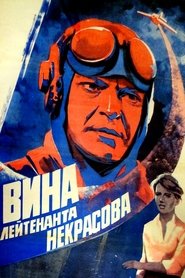 In the last days of the...
In the last days of the...The Fault of Leutenant Nekrasov 1985
In the last days of the war, a downed plane makes an emergency landing behind enemy lines. Nekrasov leaves the culprit of the disruption of the operation to the mercy of fate, for which he loses the rank of lieutenant and is suspended from flights. Returning to the village, he becomes the first tractor driver of the collective farm. But one day, having given up everything, he gets a job as a technician at the airfield...
 The film is a poetic adaptation...
The film is a poetic adaptation...The Legend of Princess Olga 1984
The film is a poetic adaptation of a series of stories (oral and written) about Princess Olha of Kyivan Rus' (Ukraine-Rusʹ) at the start of the 11th century. Inspired by chronicles and folk legends this is a story of a common girl Olha who married Prince Ihor and became his successor on the throne after his murder and one of the most remarkable political leaders in early medieval European history. She converted to Christianity and brought her realm into Europe.
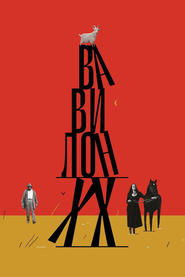 The new reality changes the usual...
The new reality changes the usual...Babylon XX 1980
The new reality changes the usual life in the village of Babylon. Attempts to communize the small town are met with resistance from the rich people living in the town. The Red Army finally puts down the resistance. Amidst the resistance philosopher Fabian returns to Babylon and tries to prevent bloodshed, but he meets a tragic fate.
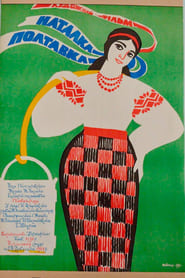 An iconic Ukrainian play of the...
An iconic Ukrainian play of the...Natalka Poltavka 1978
An iconic Ukrainian play of the same name meets TV.
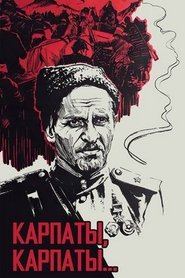 A third of a series of...
A third of a series of...Poem of Kovpak: Carpathians, Carpathians... 1978
A third of a series of movies about Kovpak - the partisans chief during WWII.
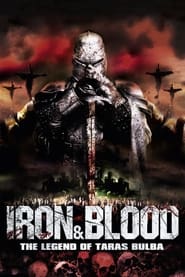 Set in the 16th century this...
Set in the 16th century this...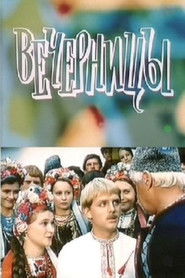 Four friends go to an amusement...
Four friends go to an amusement...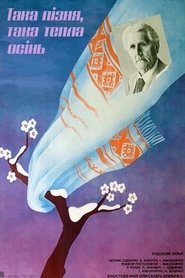 The Bukovynian peasant Rusnak leaves the...
The Bukovynian peasant Rusnak leaves the...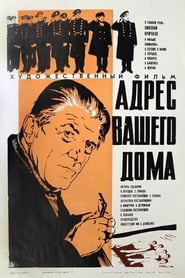
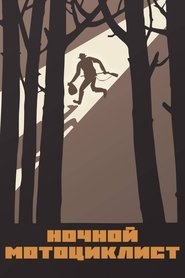 The investigation of a complex complicated...
The investigation of a complex complicated...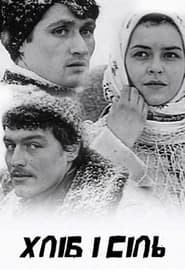 A group of peasant farmers in...
A group of peasant farmers in...